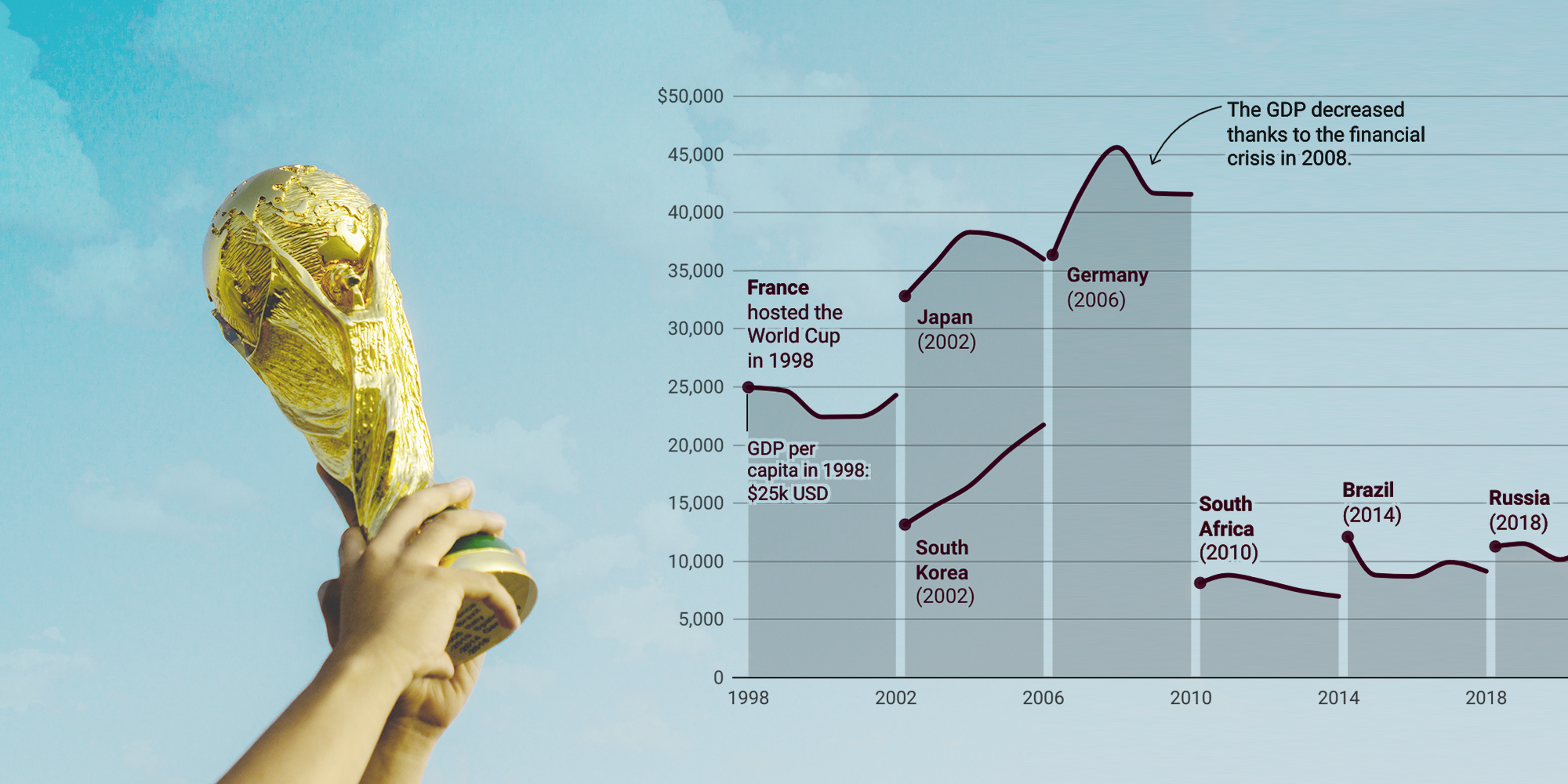Radish to romanesco: A year in vegetables
February 20th, 2025
4 min
Datawrapper lets you show your data as beautiful charts, maps or tables with a few clicks. Find out more about all the available visualization types.
Our mission is to help everyone communicate with data - from newsrooms to global enterprises, non-profits or public service.
We want to enable everyone to create beautiful charts, maps, and tables. New to data visualization? Or do you have specific questions about us? You'll find all the answers here.
Data vis best practices, news, and examples
250+ articles that explain how to use Datawrapper
Answers to common questions
An exchange place for Datawrapper visualizations
Attend and watch how to use Datawrapper best
Learn about available positions on our team
Our latest small and big improvements
Build your integration with Datawrapper's API
Get in touch with us – we're happy to help
This article is brought to you by Datawrapper, a data visualization tool for creating charts, maps, and tables. Learn more.

Hi, this is John. I do sales, support, and training at Datawrapper, so maybe we’ve chatted before! With the FIFA World Cup coming up in November of this year, it reminded me of the urban legend that the World Cup is actually bad for the economy of the host nation. I wanted to take a quick look into this topic to see if I could corroborate the myth!
From a simple Google search, it’s noticeable that the first page has links with answers that confirm both hypotheses: the World Cup is both bad and good for the economy. How could articles be stating the exact opposite when it comes to economic data? It should be clear!
For my attempt at an analysis, I collected the data for GDP per capita for the host nations. I chose GDP per capita in order to see how it affects the prosperity of the citizens of a country. While it is a useful metric in a relative sense, it does have flaws regarding its ability to reflect inequality in a country. For example, the upcoming World Cup in Qatar is infamous for using poorly paid migrants to build their stadiums, and so using GDP per capita doesn’t take into account that no wealth is flowing towards these kinds of workers.
I started the analysis from 1998 – since that is the first 32-team World Cup – and chose to look at the data in a few ways. The first are two simple arrow plots that show whether the GDP per capita increased or decreased from one year to another. One chart is from the year before to the year of holding the World Cup, and the other is from the year of holding the World Cup to the year after:
In both charts, five out of the seven nations’ GDP per capita increased, while two declined. In both charts, Brazil's GDP is declining. There doesn’t appear to be any apparent trend in the year during or after the World Cup that the economy was hurt or helped.
The second analysis was to look at the subsequent five years after hosting the World Cup with a line chart. This provides a more complete story, as two years of economic data can't show a greater trend:
From this view, we get a similar picture. Four out of the seven countries’ GDP per capita increased overall in the subsequent five years (although Russia just barely), while three declined.
The other insight we get is that the last three World Cups were held by countries with a relatively low GDP per capita. Does this suggest that poorer countries believe that hosting is good for them? Judging from this analysis, it’s impossible to know.
So, is the World Cup good or bad for the economy? The truth is this simple analysis proves to be inconclusive. If people are looking for a grand conspiracy that the World Cup ruins its host country or, on the flip side, brings it immeasurable wealth, I’m afraid no such pattern exists. In order to understand the full impact of hosting a World Cup, a variety of metrics are to be considered, not just one: You’d have to differentiate between local vendor and FIFA-sponsored vendor sales, analyze whether the revenue generated from tourism outweighs the strain on the country’s infrastructure, and assess whether new investments like stadiums benefit the host nation long-term or not. The real challenge is figuring out who benefits from the event.
Perhaps what we can really learn is that the impact of hosting a World Cup on the GDP is probably smaller than government policy, overall economic climate (as you can see with Germany from 2008 to 2009), and other factors.
Let’s see how Qatar fares this year, especially regarding the labor controversy, soaring costs, and potential boycotts. Next week, my coworker and map expert Anna will publish a Weekly Chart. See you then!
Comments